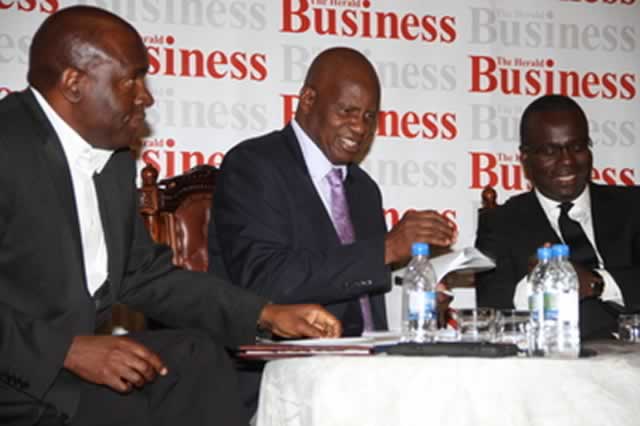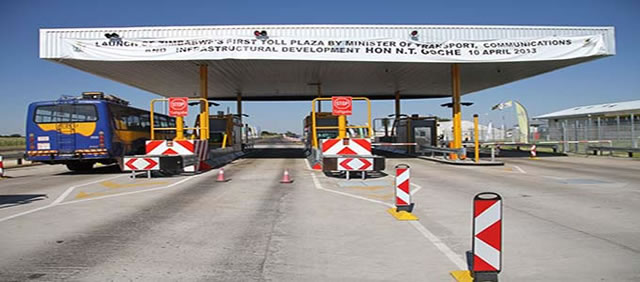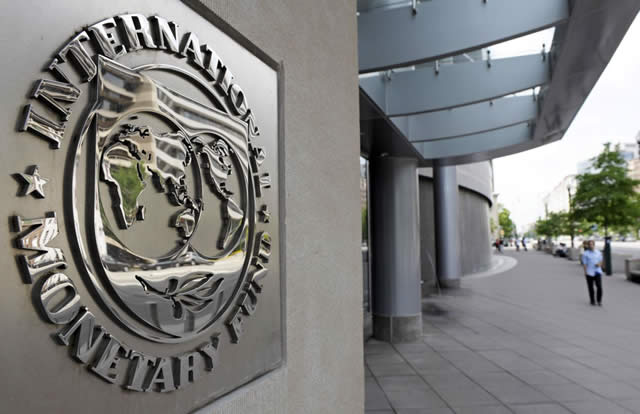Economists allay price hike fears


Finance and Economic Development Minister Cde Patrick Chinamasa (centre) is flanked by panellists Mr Kumbirai Katsande (left) and Mr George Manyere during the breakfast meeting
Felex Share Herald Reporter
THE recent five cents hike in excise duty per litre of petrol and diesel will neither trigger inflation nor increases in the cost of goods and services, economists have said.
This comes as Delta Beverages yesterday announced a downward review of beer prices across all brands amid a growing feeling that the economy is on the rebound.
The economy has maintained steady growth, slightly improving this year compared to last year’s ranking, according to the latest World Economic Forum Global Competitiveness Report for 2014-2015.
Zimbabwe moved seven places up from 131st position last year to position 124 out of 144 countries surveyed.
Presenting his Mid-Term Monetary Policy Review statement in Parliament last Thursday, Finance and Economic Development Minister Patrick Chinamasa, increased excise duty on fuel, with that of diesel increasing from 25 cents to 30 cents a litre, while that of petrol rose from 30 cents to 35 cents.
The new prices were effective September 12.
This effectively saw the price of fuel increasing and most filling stations are now selling petrol between $1,50 and $1,55 per litre.
Diesel is now ranging between $1,40 and $1,45 and some stakeholders anticipated a spate of increases in the prices of the commodities as firms responded to the fuel increases.
Economists, are however, adamant the 5 cents increase would not trigger a round of price increases since the price of fuel on the international market has been steadily falling.
Former Confederation of Zimbabwe Industries president Dr Joseph Kanyekanye, said any “minuscule” increase in excise duty should not be felt by consumers through price increases.
“If there have to be increases, they have to be minimal and insignificant,” he said.
“Any increase in cost would need to be absorbed one way or the other. Most industries are not operating at full capacity and there is little room to be able to absorb cost. We are working with an overvalued dollar and if there has to be increments, they have to be minimal and insignificant. This increase does not warrant unnecessary price adjustments.”
CZI president Mr Charles Msipa, said they were still analysing the effects of the tax increase.
Another analyst, Mr Witness Chinyama , said the increase was so insignificant to warrant any price adjustments.
He said although many companies would claim they would be affected because they were not making profits, the fuel prices would be absorbed by increasing productivity.
“Yes, many companies are making small profit margins, but the increase will not affect them much. They should not worry of inflation given that there is deflation,” he said.
Another economist, Mr Joseph Sagwati, concurred saying the fuel price increase was “minute” and would not trigger inflation.
He said the problem was with Zimbabweans who always had the spirit of profiteering because of a “market economy” existing.
“This could be minute but knowing Zimbabweans, they are always looking for the next opportunity to maximise on revenue especially via a price increase,” he said.
“To them, it is an opportunity to capture bigger revenue. The very essence of such excise duty influence on fuel, much as the Minister considers it a revenue booster for Government, has got negativity of instilling unorthodox business practices where everyone would capture it as a ticket to increase prices of goods moved using road fuel.”
He said Zimbabwe was “gravitated” into a dollar economy and there should be no absurd price movements.
“Prices remain sticky upwards because even when there is tax adjustment, Zimbabwe is gravitated into a dollar economy and price movement takes a cue from the last dollar adjustment on pricing,” Mr Sagwati said.
“This is a market economy where we have gone away from commandist economic pronouncements like setting up the National Incomes and Price Commission. There is no regulation of anything you choose to sell. It is a market of demand and supply and one cannot be criminalised as he has justification from the tax that he has to pay.
“The only control mechanism is the in-built capitalistic price movement that resonates with demand and supply. Going forward the net effect of a tax increment to the economy is a dampener because it increases the propensity for prices to go northwards giving people opportunity to capitalise.”










Comments